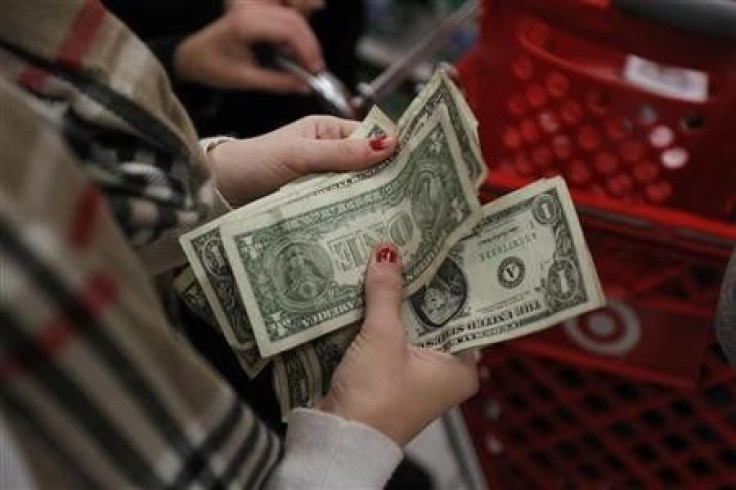Consumer Confidence Drops To Record Low As Pandemic Fears Take Emotional Toll
Consumer confidence dropped significantly in August, recording the largest loss since the economy shut down in April 2020, as coronavirus cases surge across the country.
According to the University of Michigan’s Sentiment Index, consumer confidence declined 13.5% from July to August, down 11 points to 70.2, Year-over-year sentiment dropped 5.3%, with losses widespread among income, age, and educational subgroups observed in all regions of the U.S.
August’s low marks a noteworthy loss in consumer confidence that was just below the April 2020 low of 71.8 seen when the U.S. shut down nonessential businesses to help prevent the spread of the coronavirus.
Over the past half-century, the Sentiment Index has only recorded larger losses than what was seen in August in six other monthly surveys, the university said. All were due to sudden negative changes in the economy, including the economy’s shutdown in April 2020, which dropped sentiment by 19.4%, and the Great Recession in 2008, which dropped consumer confidence by 18.1%.
However, in this report, consumers pointed to losses expected throughout the economy, ranging from personal finances to inflation and unemployment.
According to the University of Michigan Surveys of Consumers Chief Economist Richard Curtin , the pandemic’s resurgence caused by the Delta variant is without a doubt being “met with a mixture of reason and emotion.”
He continued, “ Consumers have correctly reasoned that the economy's performance will be diminished over the next several months, but the extraordinary surge in negative economic assessments also reflects an emotional response, mainly from dashed hopes that the pandemic would soon end.
“In the months ahead, it is likely that consumers will again voice more reasonable expectations, and with control of the Delta variant, shift toward outright optimism. Consumers' reaction to Delta's modestly higher precautionary measures indicates the difficulty of producing optimal policy responses,” Curtin added.

© Copyright IBTimes 2024. All rights reserved.











